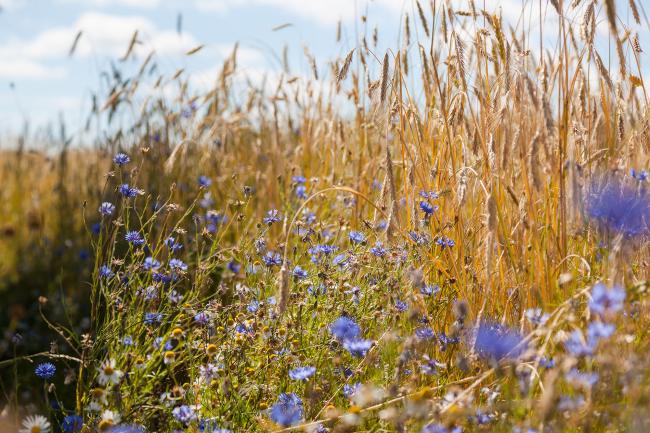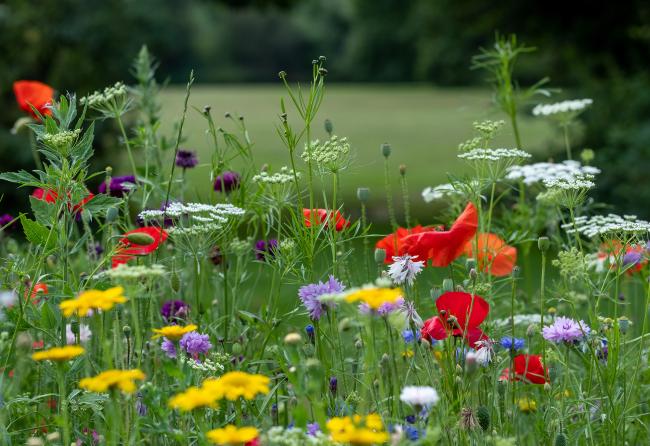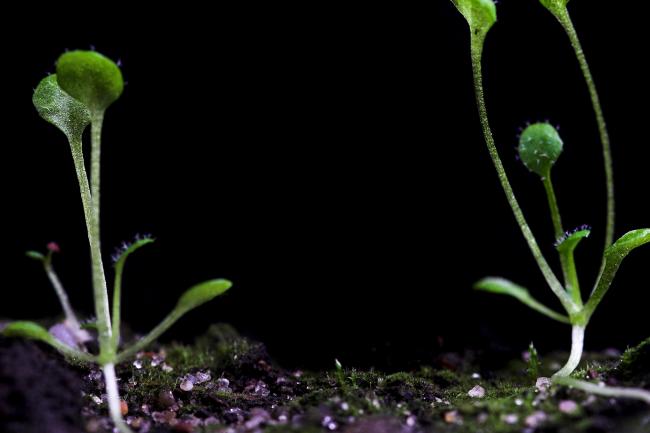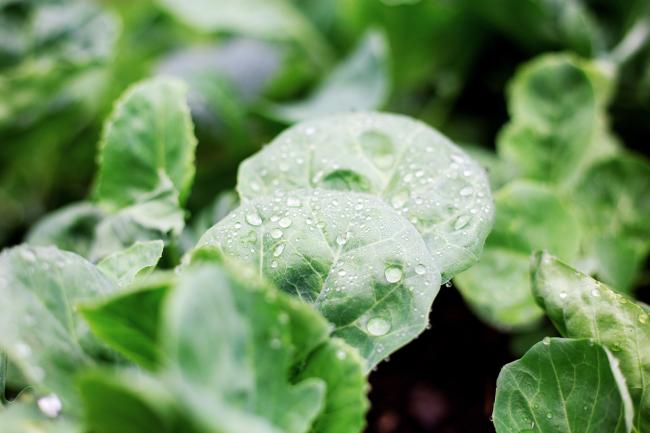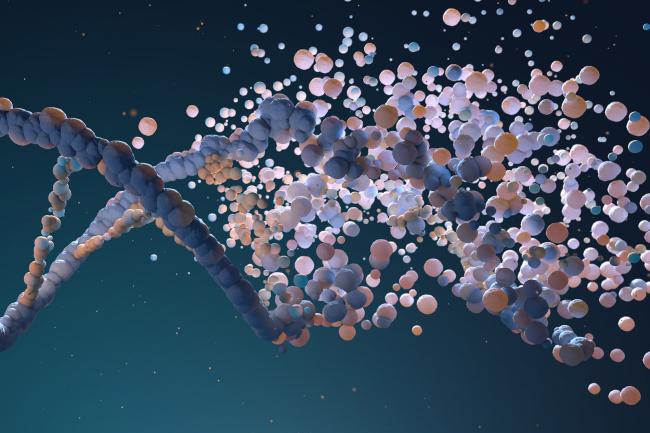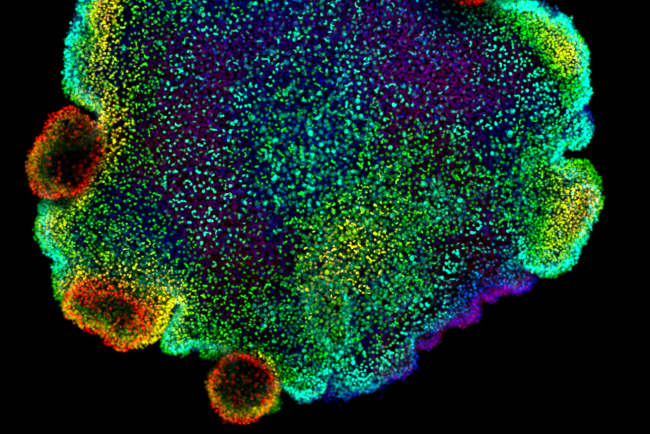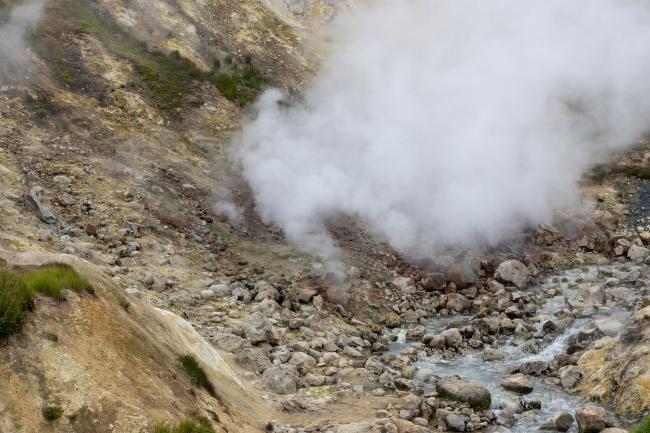Biography
In my role at the Earlham Institute, my areas of expertise include, running Primary analysis pipeline on NGS data; PacBio data analysis, variant calling and annotation; de novo and reference-based assembly; RNA-seq analysis mainly involving differential expression profiling and de novo or/and reference based transcriptome assembly; automated functional annotation of transcriptome; human exome capture analysis; and metagenomic analysis. I have worked on a range of organisms including, bacteria (Listeria monocytogenes, Bacillus subtilis, Pasteuria); viruses (Deformed wing virus, African swine fever); insects (Aphids, Butterfly); plants (Solanum Lycopersicum, Brassica, Nicotiana tabacum, Arabidopsis thaliana); and animals (Homo sapiens, Sea urchin, Chinese hamster ovary, Naked mole rat).
I completed my MSc in Bioinformatics at UEA; my MSc dissertation at The Sainsburys Laboratory was mainly based on assembling NGS data and that's how I became interested in working at EI after finishing my MSc.
When I'm not working, I like to play badminton, cook, dance (Bollywood) and socialise.



